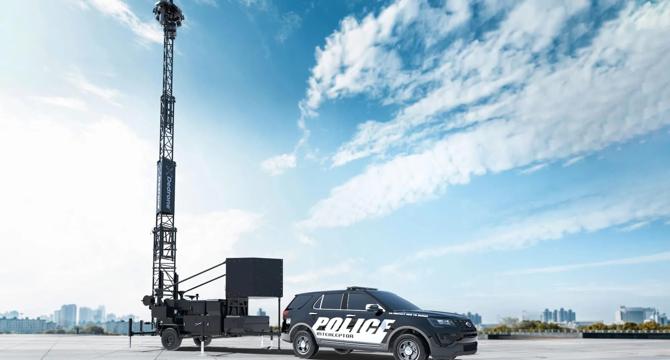Dronelife
1M
407

Image Credit: Dronelife
Will Congress Empower Local Police to Counter Unauthorized Drone Flights?
- Local law enforcement agencies and drone security companies are lobbying Congress to pass legislation that would extend the authority to conduct counter-drone measures to local-level police officials to interdict drones.
- Under current law, police agencies at the state and municipal levels have very little authority to interdict drones that are violating the airspace of critical infrastructure sites, jails and prisons, and public gathering places such as sports arenas.
- There are several bipartisan bills pending in Congress that would extend such mitigation authority to state, local tribal, and territorial law enforcement agencies.
- The bills aim to reauthorize and reform counter-unmanned aircraft system authorities to improve transparency, security, safety, and accountability related to such authorities.
- Mary-Lou Smulders, head of government affairs of drone security company Dedrone, is "laser focused" on encouraging Congress to pass some form of legislation to give SLTT agencies a greater ability to mitigate incursions from errant drones.
- The Senate bill is a little more generous in terms of mitigation authorities. But they're all aiming at the same thing.
- Dedrone recently offered customers technology to conduct advanced detection to determine the exact location of the drone in the sky.
- In March, the FAA finalized its rule for requiring drones to be equipped with Remote ID software, creating an electronic license plate, broadcasting identifying data.
- Dedrone was recently involved in a merger in which it was acquired by technology and weapons development company Axon.
- Several lawmakers have proposed amendments to the National Defense Authorization Act to address the issue to provide greater drone mitigation authority to SLTT agencies.
Read Full Article
24 Likes
For uninterrupted reading, download the app